30 May 2025
7 MIN READ
Top 15 Sam Altman Book Recommendations You Shouldn't Miss
Summary
From AI to philosophy, Sam Altman’s reading list gives insight into how the CEO of OpenAI thinks, builds, and stays curious. This blog highlights the top books recommended by Sam Altman, covering science, strategy, fiction, and the future of humanity. Whether you're an entrepreneur, developer, or lifelong learner, his picks are a goldmine for intellectual growth.
Sam Altman’s Influential Career and Reading Habits
Sam Altman is the CEO of OpenAI, but also a lifelong learner whose book habits are shaped by curiosity across disciplines. He dropped out of Stanford, built Loopt, led Y Combinator, and co-founded OpenAI. His reading taste spans literature, theoretical physics, psychology, and leadership, making the books recommended by Sam Altman valuable for anyone trying to understand the future.
Books recommended by Sam Altman on science and technology
Foundation (Isaac Asimov)
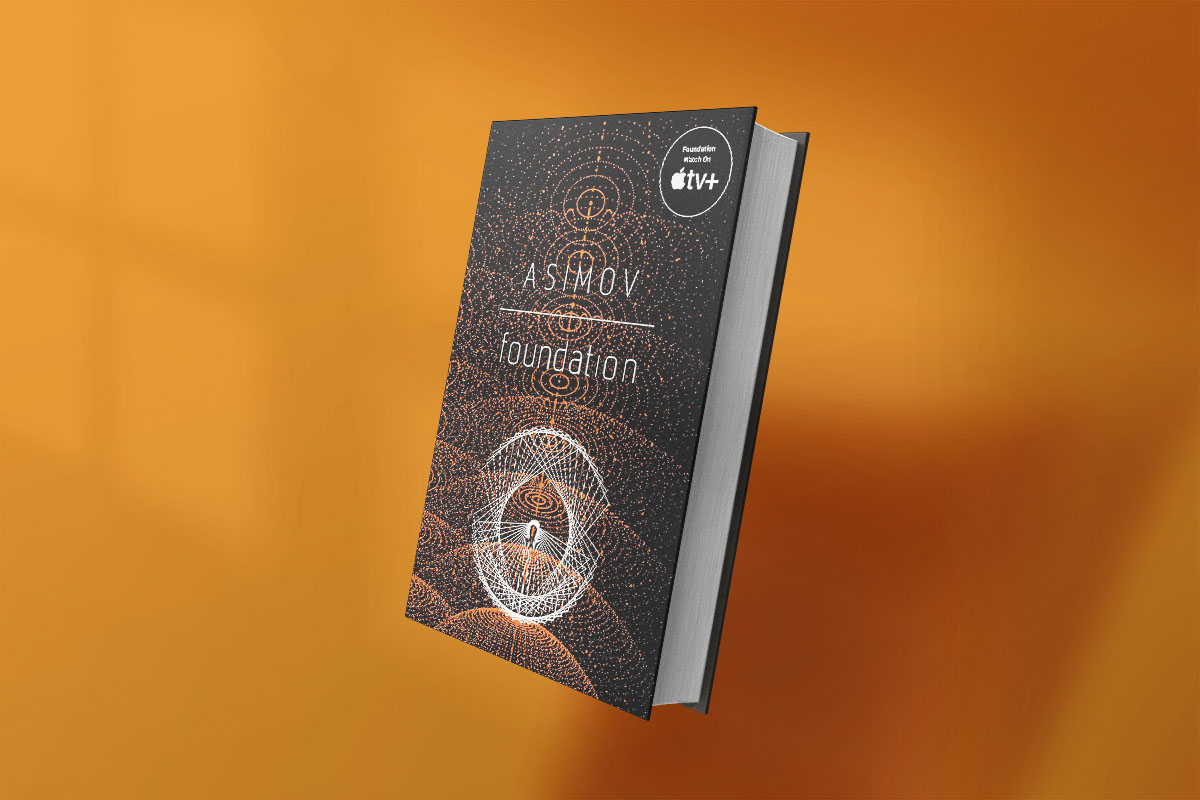
A classic science fiction series that explores the rise and fall of civilizations through the lens of "psychohistory," a fictional science. Asimov’s work examines how knowledge and strategy can preserve human progress. It is foundational reading for anyone interested in the intersection of science and societal planning.
Superintelligence: Paths, Dangers, Strategies (Nick Bostrom)
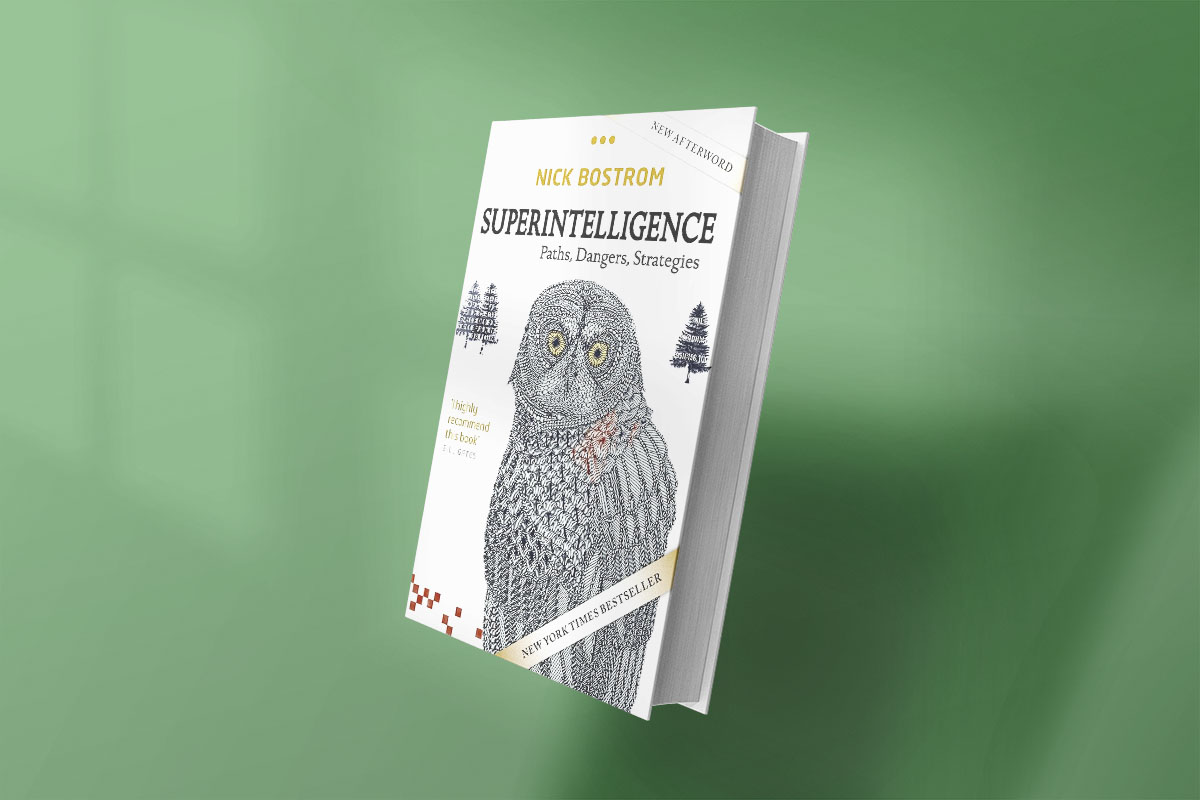
This non-fiction book explores the potential futures shaped by artificial general intelligence. Bostrom dives into ethical risks, existential threats, and strategic planning for controlling powerful AI. It’s essential reading for understanding the stakes in the future of AI.
Dealers of Lightning (Michael A. Hiltzik)
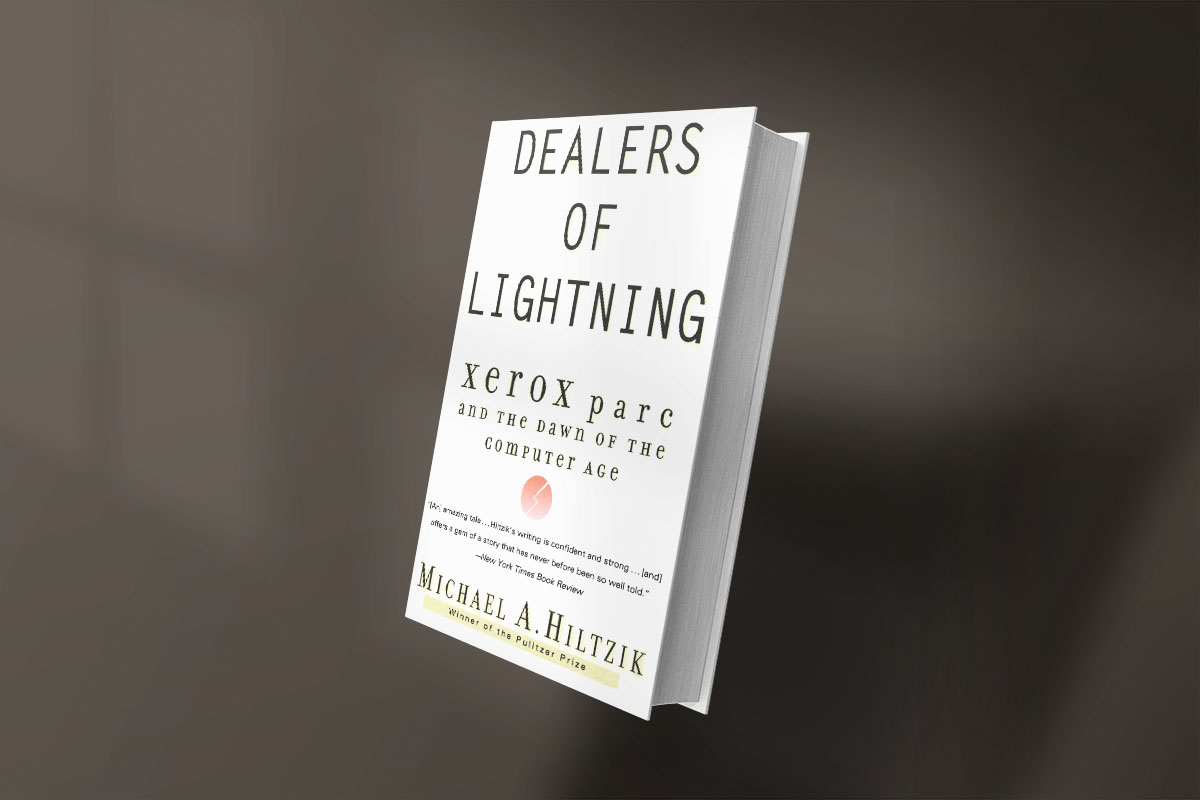
A compelling history of Xerox PARC, the lab that invented many modern computing staples, including the GUI and Ethernet. Hiltzik brings the characters and conflicts behind groundbreaking innovations to life. The book shows how vision can be both enabled and stifled by corporate culture.
The Principia (Isaac Newton, trans. I. Bernard Cohen and Anne Whitman)
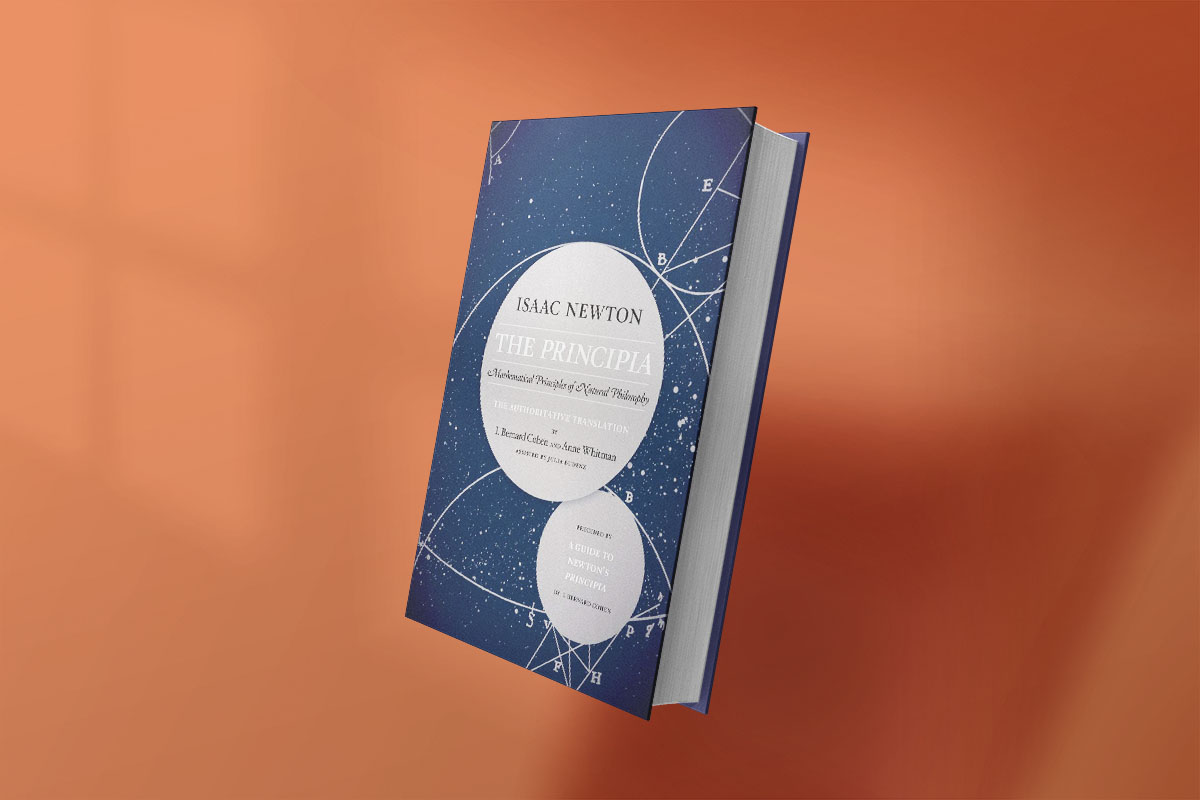
Newton’s landmark work in physics outlines the laws of motion and universal gravitation. This edition offers a modern translation of the 1726 text, making it more accessible to contemporary readers. It’s a must-read for those who want to understand the roots of classical mechanics.
Molecular Biology of the Cell (Bruce Alberts)
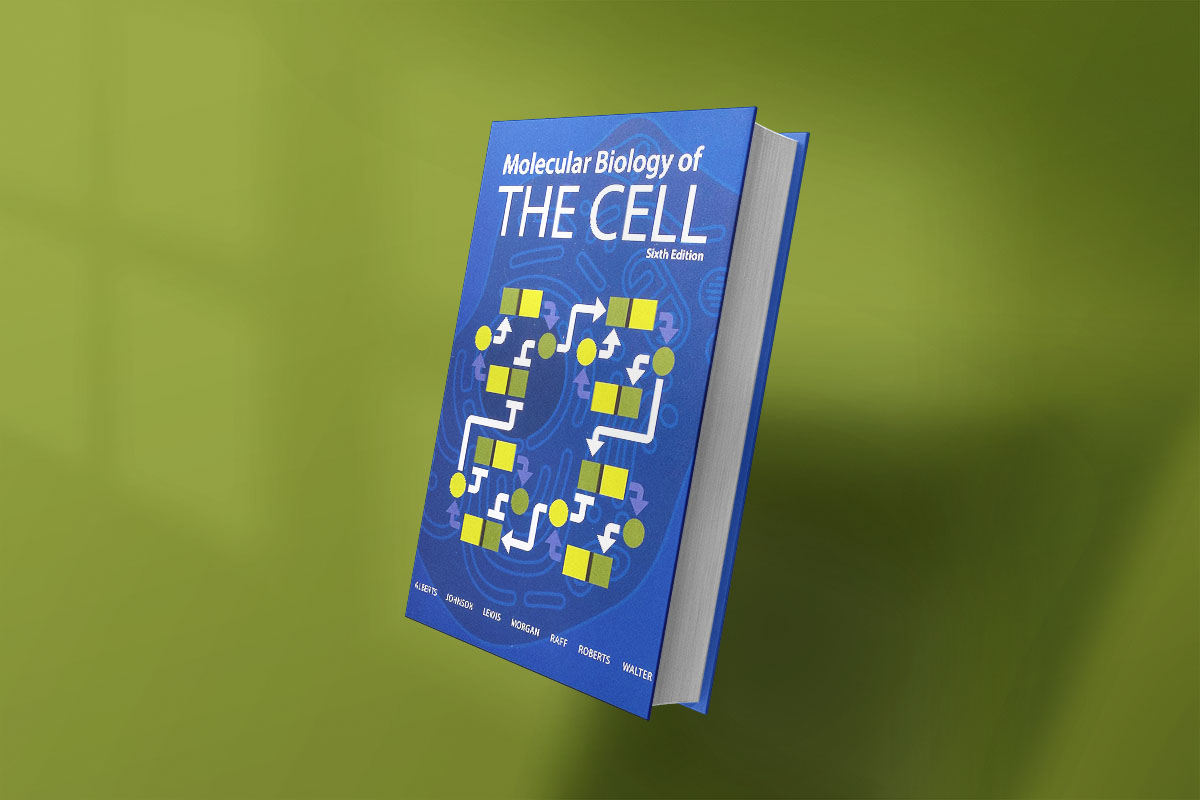
A comprehensive textbook on the structure and function of cells, widely regarded as the definitive source in cell biology. The book covers fundamental concepts like gene expression, signal transduction, and cell reproduction. It’s rigorous but deeply informative.
Sam Altman book recommendations in psychology and decision-making
Thinking, Fast and Slow (Daniel Kahneman)
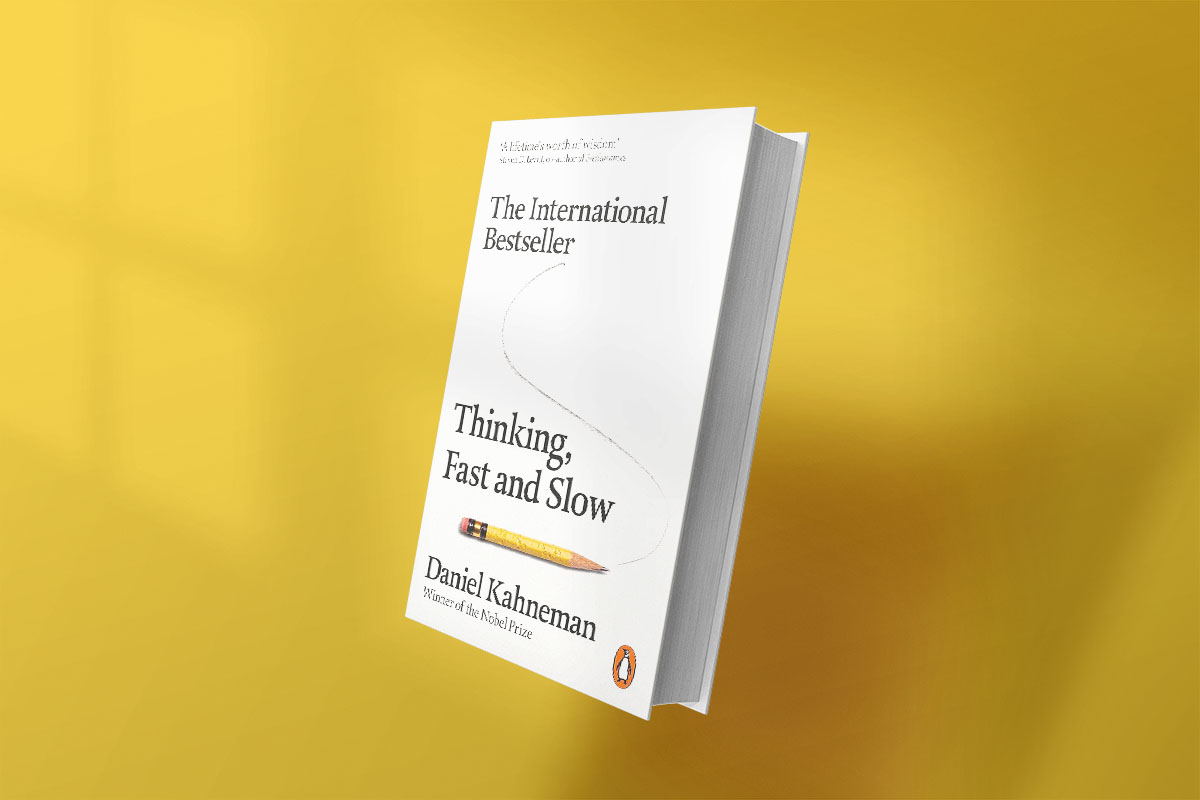
This book breaks down human thought into two systems: intuitive and analytical. Kahneman, a Nobel laureate, explores cognitive biases, heuristics, and the decision-making process. It’s both a practical guide and a theoretical framework for better thinking.
The Score Takes Care of Itself (Bill Walsh)
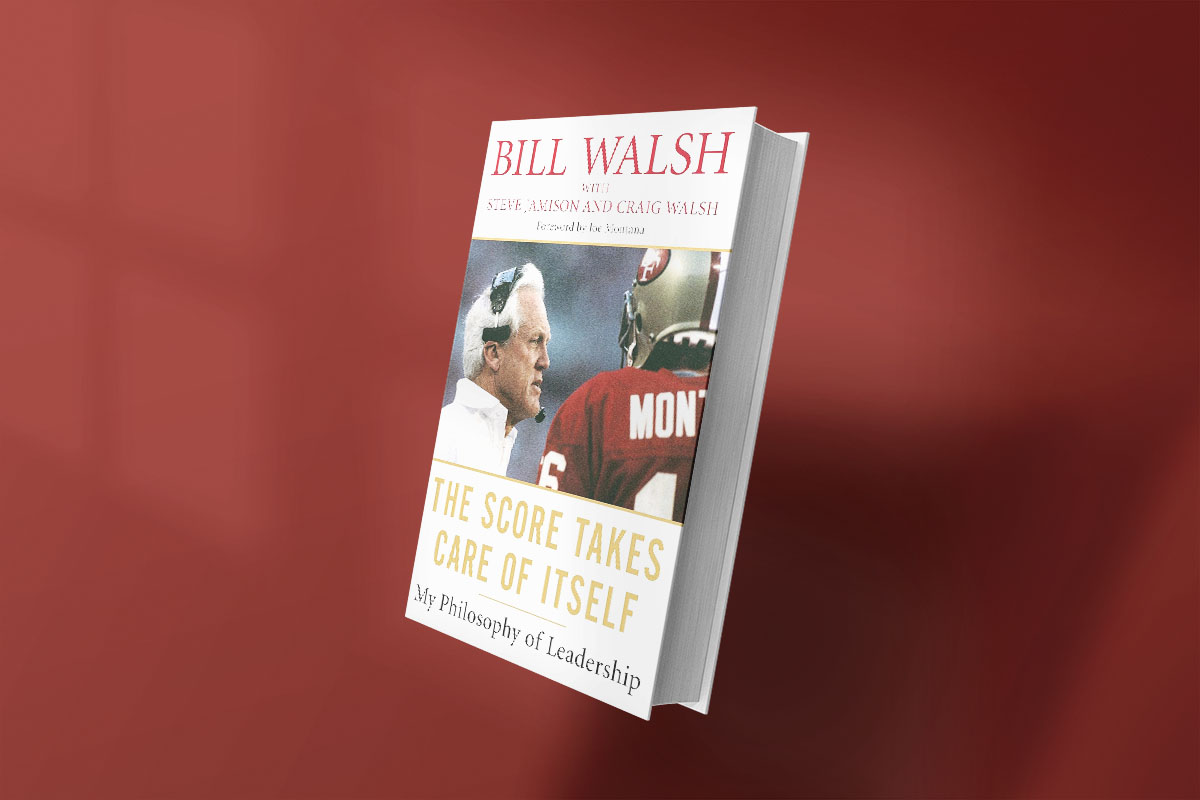
Written by an NFL coaching legend, this book outlines Walsh’s philosophy of leadership, preparation, and culture. It provides practical insights into what it takes to build and lead a successful team. His advice is just as relevant in business as it is in sports.
Winning (Jack Welch with Suzy Welch)
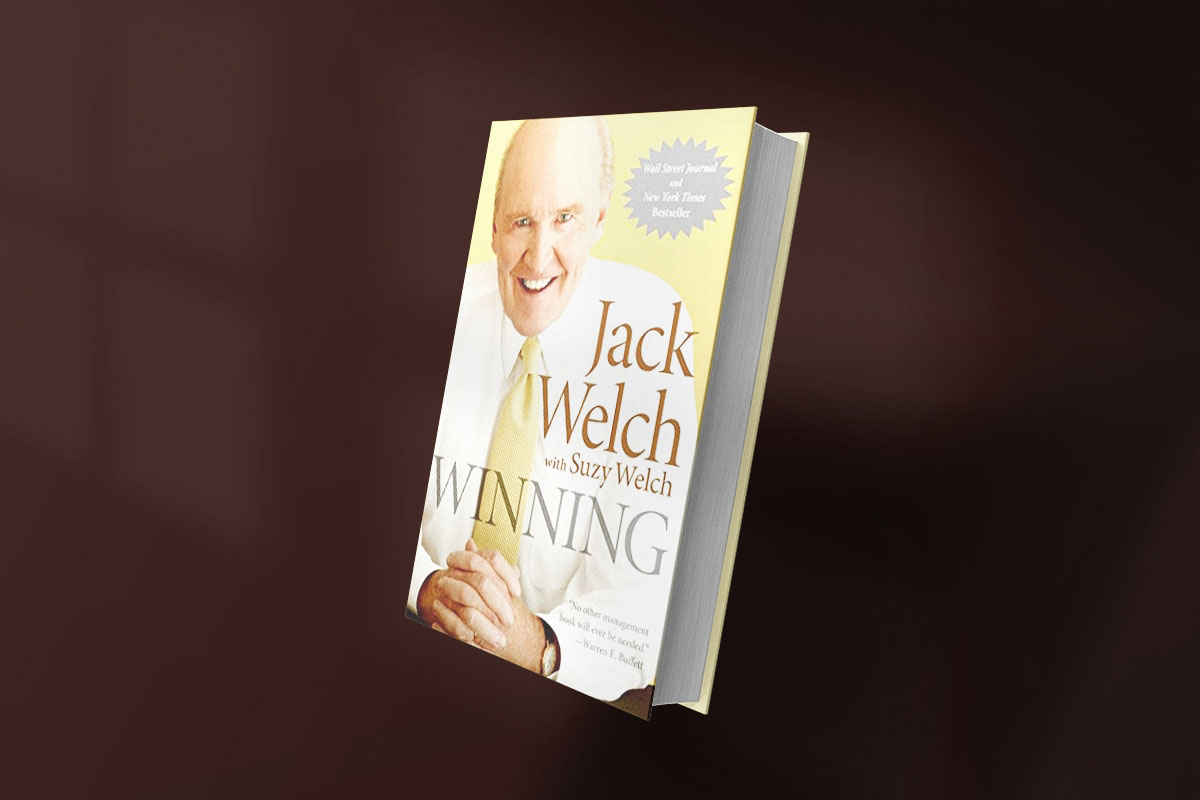
A candid and strategic guide to corporate leadership and organizational success. Welch shares lessons from his time at GE, including how to handle crises and build winning teams. It’s a mix of management theory and personal reflection.
Books recommended by Sam Altman on urban design and civilization
A Pattern Language (Christopher Alexander)
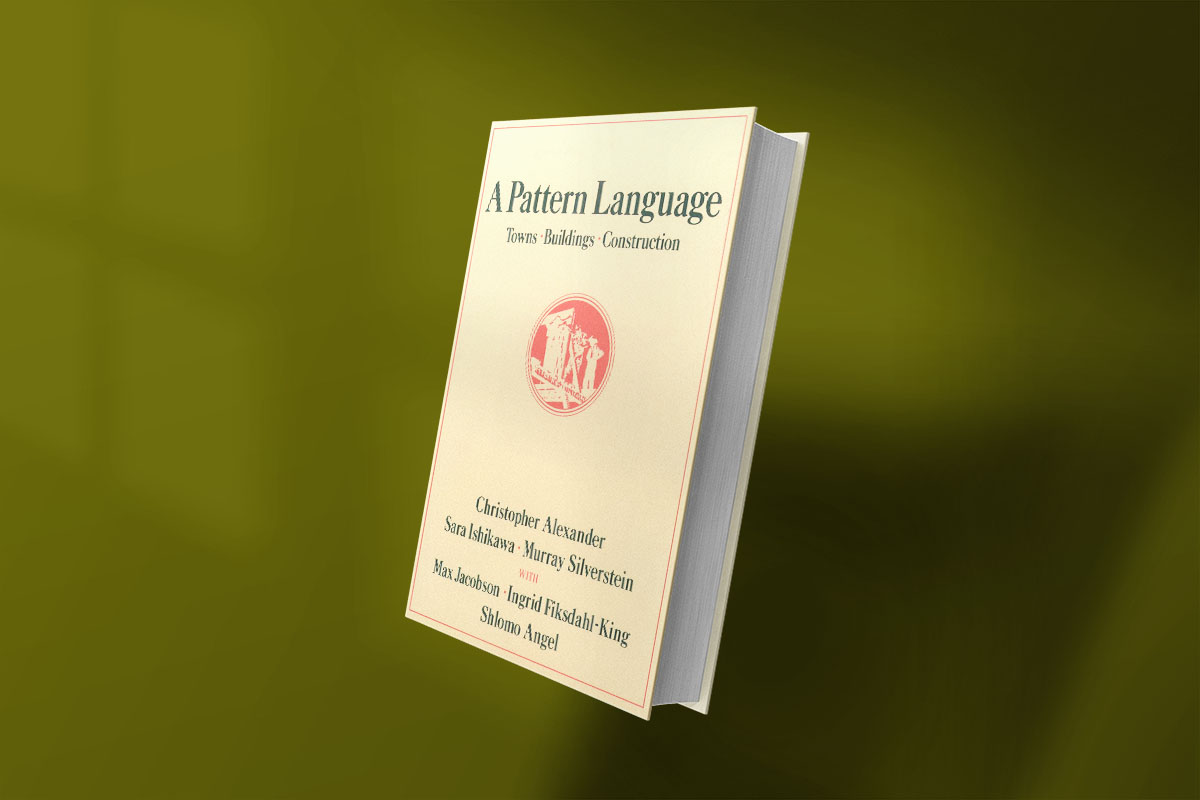
An architectural manifesto that introduces a system of design patterns for towns, buildings, and public spaces. Alexander’s approach emphasizes the human experience of architecture over sterile design. It’s widely used by urban planners, software engineers, and designers alike.
The Death and Life of Great American Cities (Jane Jacobs)
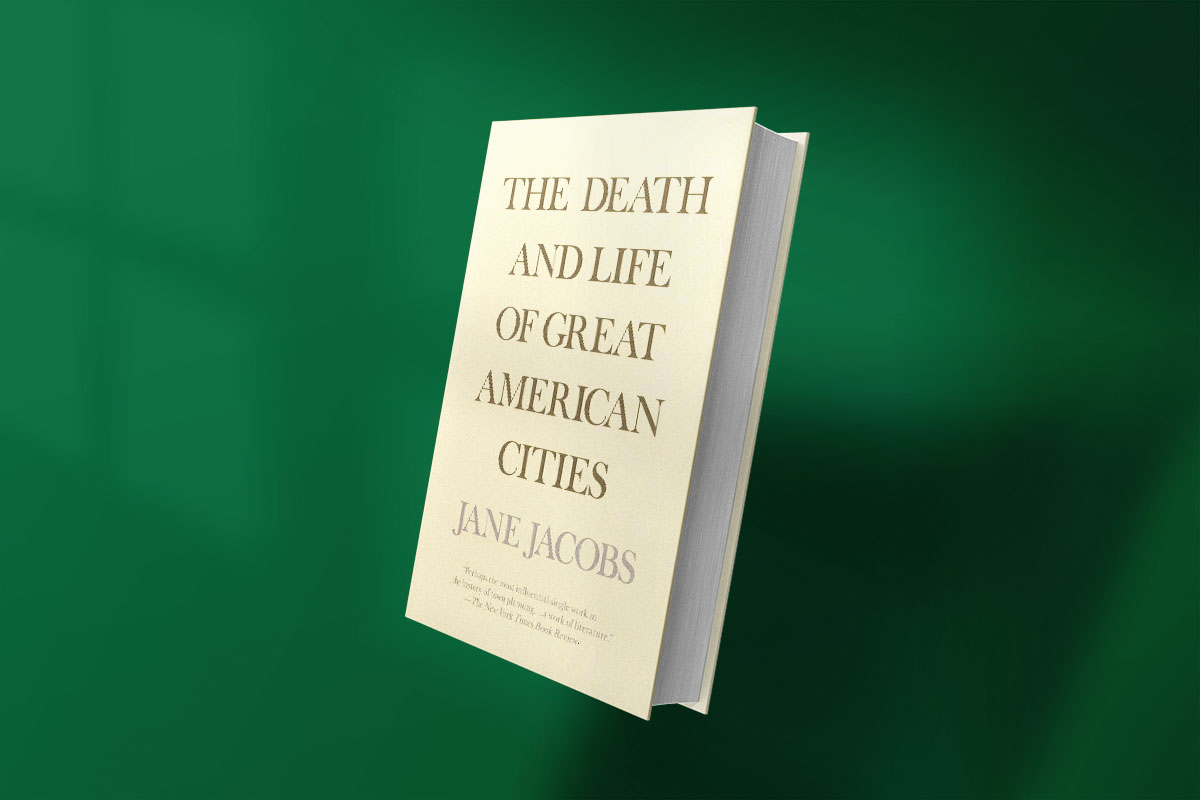
Jacobs challenges the prevailing norms of urban planning in the mid-20th century. She argues for dense, vibrant neighborhoods filled with diversity and mixed use. This book is foundational in urban studies and advocacy for community-based development.
The Republic (Plato)
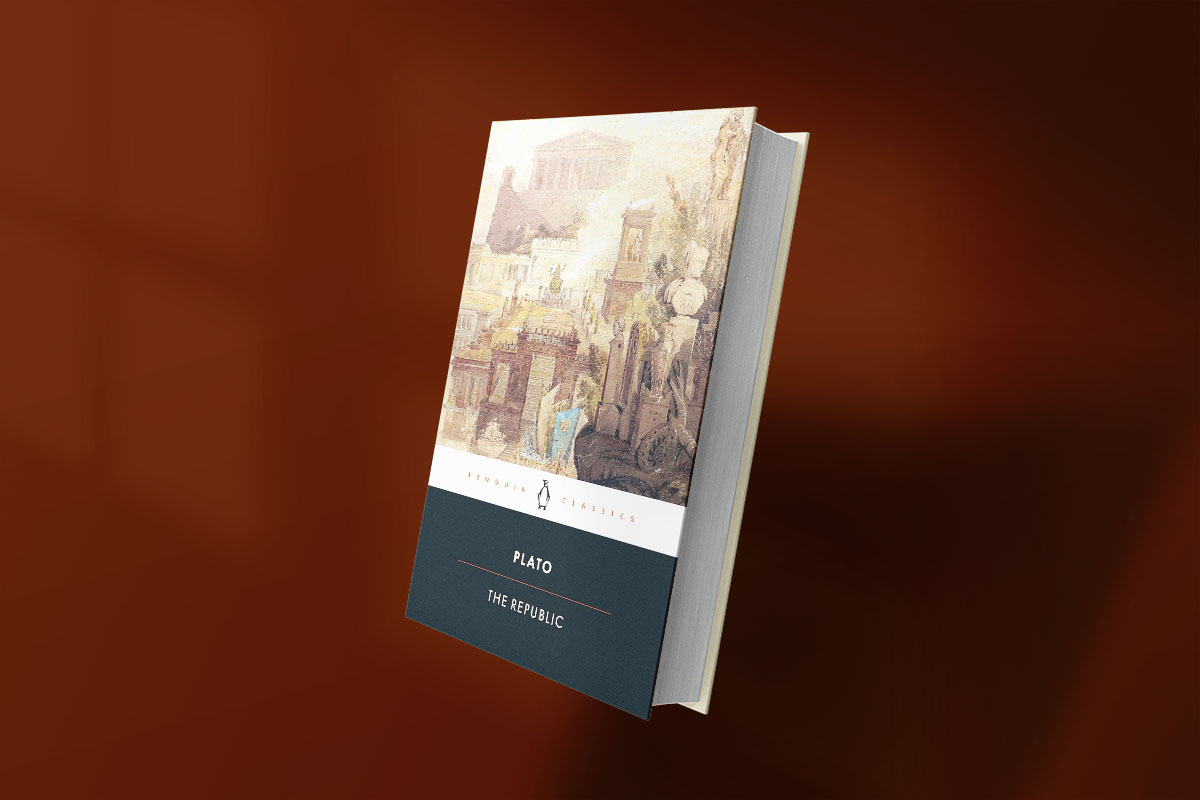
A philosophical dialogue exploring justice, the ideal state, and the nature of reality. Socrates debates various political systems and introduces the idea of philosopher-kings. It remains a touchstone in political philosophy and ethics.
Sam Altman recommended books on entrepreneurship and leadership
Blitzscaling (Reid Hoffman and Chris Yeh)
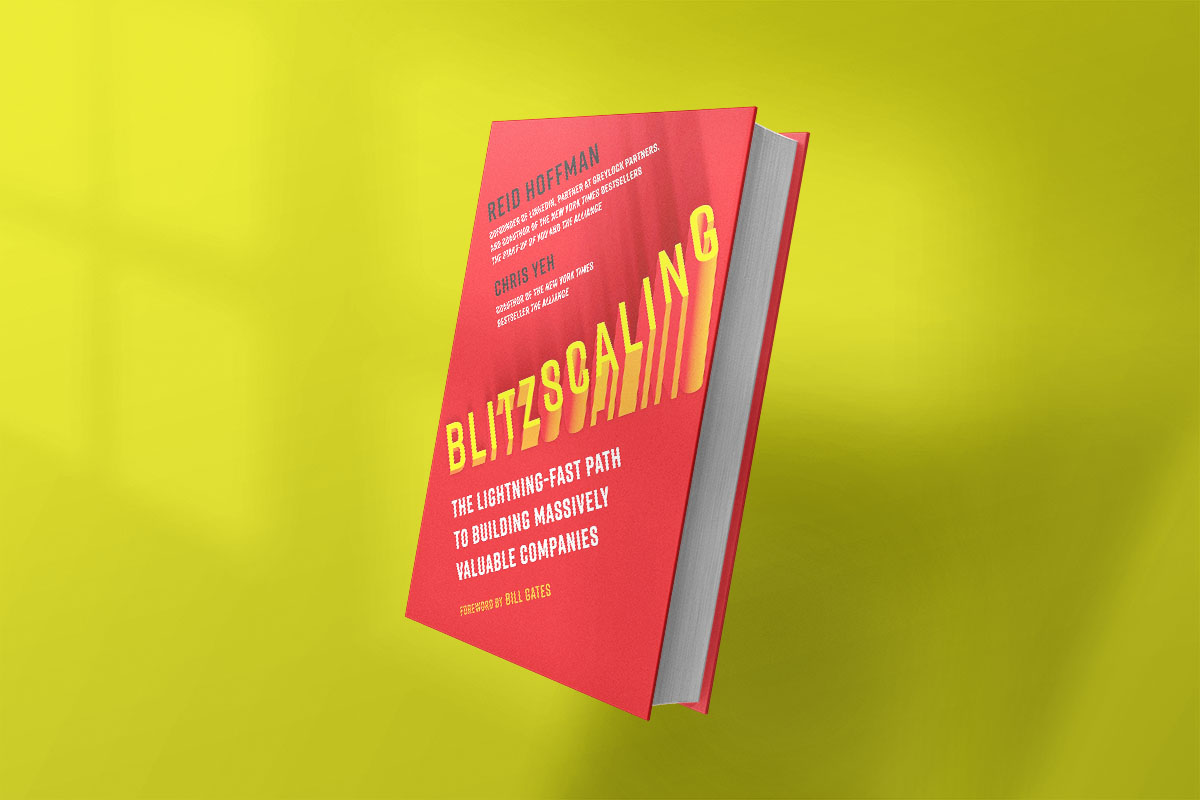
This business strategy book introduces the concept of prioritizing rapid growth over efficiency in early stages. Through case studies, the authors explain how companies like LinkedIn and Airbnb succeeded. It’s especially relevant for entrepreneurs navigating fast-scaling startups.
Zero to One (Peter Thiel and Blake Masters)
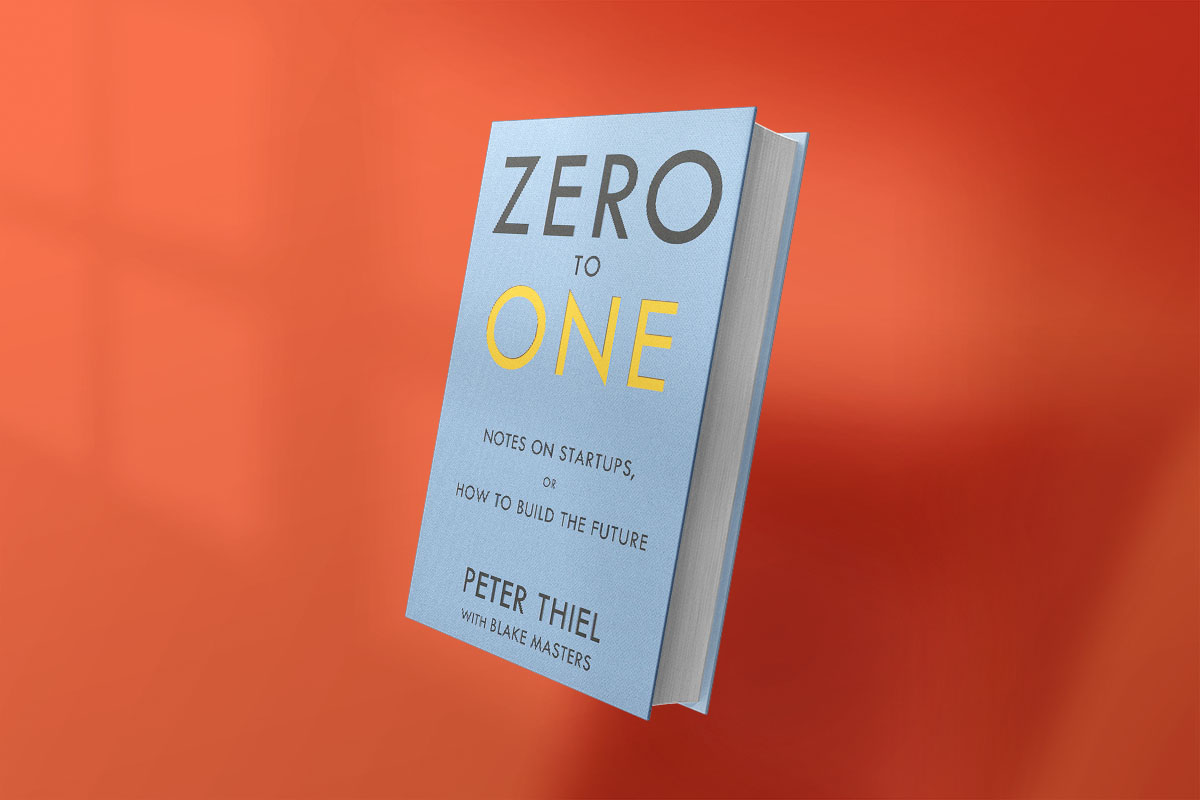
Thiel offers a contrarian view on innovation, arguing that true progress comes from doing something entirely new. The book provides tactical advice on building startups that break new ground. It’s a startup classic that encourages deep thinking.
Hacking Sales (Max Altschuler)
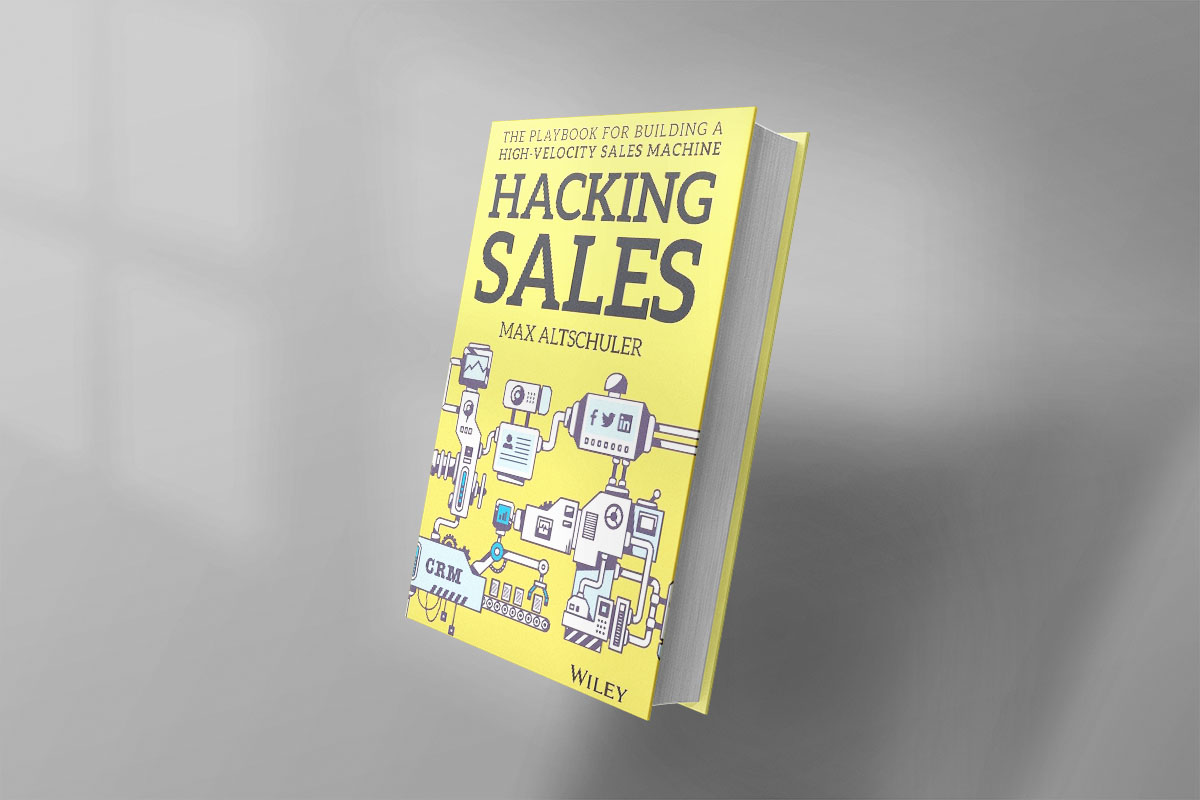
Focuses on the tools and systems required to build a high-velocity sales machine. Altschuler shares insights from successful startups on how to automate lead generation and improve close rates. It’s a tactical guide for modern B2B sales teams.
The Beginning of Infinity (David Deutsch)
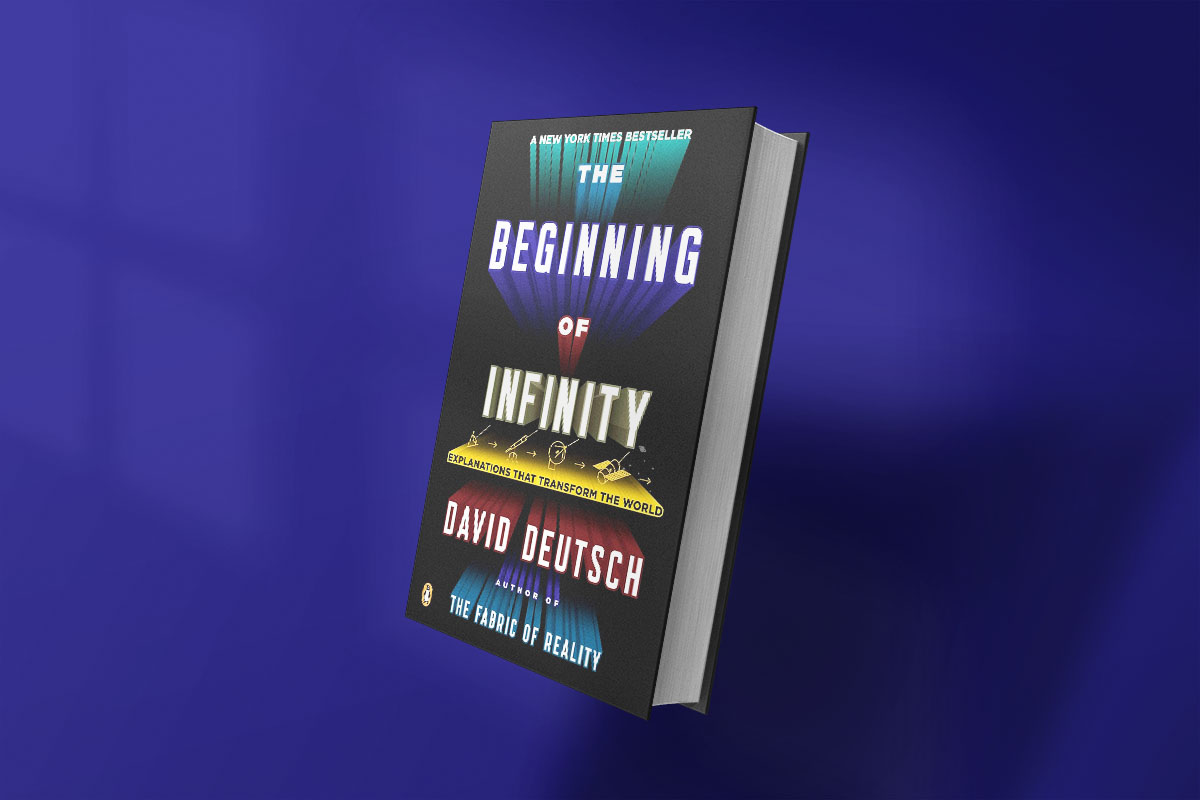
Deutsch argues that progress has no natural limits, only problems waiting to be solved. He explores the philosophy of science, knowledge creation, and human potential. It’s an optimistic and rigorous take on human development.
Conclusion
Sam Altman’s reading list is a reflection of how he thinks, leads, and builds. These books span time periods, disciplines, and ideologies, yet they all share one thing: a commitment to deep, original thought. If you’re looking to expand your perspective, sharpen your ideas, or simply understand the mind behind OpenAI, this collection is a great place to start.
People also ask
What books does Sam Harris recommend?
Sam Harris often recommends books that explore consciousness, free will, neuroscience, and philosophy. Notable mentions include "The Beginning of Infinity" by David Deutsch, "The Self Illusion" by Bruce Hood, and "The Moral Landscape," which is actually one of his own works.
What book did Elon Musk recommend for AI?
Elon Musk has often recommended Superintelligence: Paths, Dangers, Strategies by Nick Bostrom. The book delves into the potential risks of artificial general intelligence (AGI) and why we must carefully design safe AI systems.
Has Sam Altman written a book?
As of now, Sam Altman has not authored a book. However, he has published widely-read essays and blog posts on startups, innovation, economics, and artificial intelligence.
Which is the most recommended book?
One of the most frequently recommended books among leaders in tech and entrepreneurship is "Thinking, Fast and Slow" by Daniel Kahneman. Its insights into how we think, make decisions, and fall into mental traps have made it a staple in reading lists from CEOs to policymakers.
Which book is No. 1 in the world?
If we're talking about total copies sold, The Bible remains the number one book in the world. However, in terms of global cultural impact and literary importance, other contenders include Don Quixote by Cervantes, The Quran, and The Lord of the Rings by J.R.R. Tolkien. Rankings vary depending on the criteria used, such as sales, influence, or readership.
